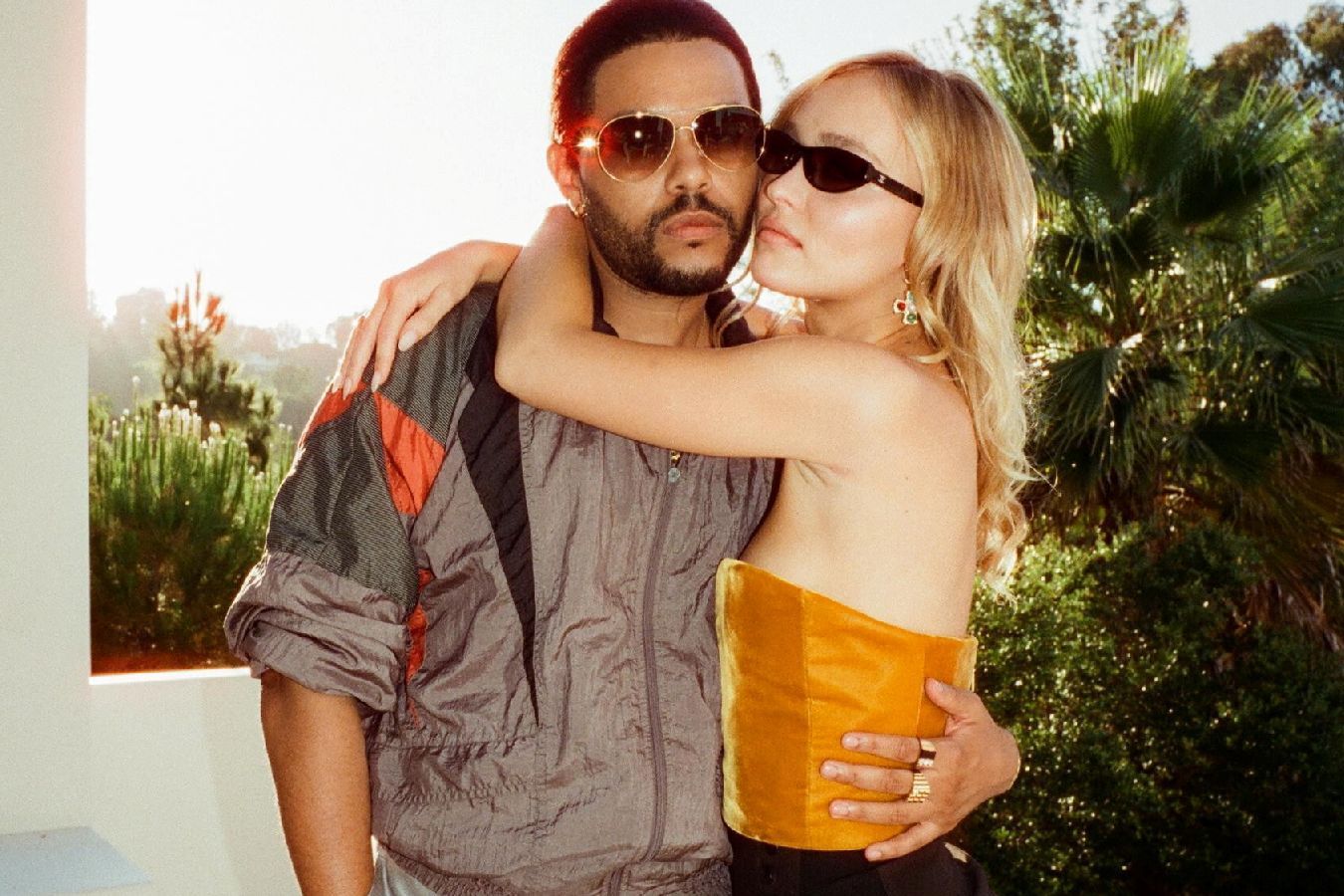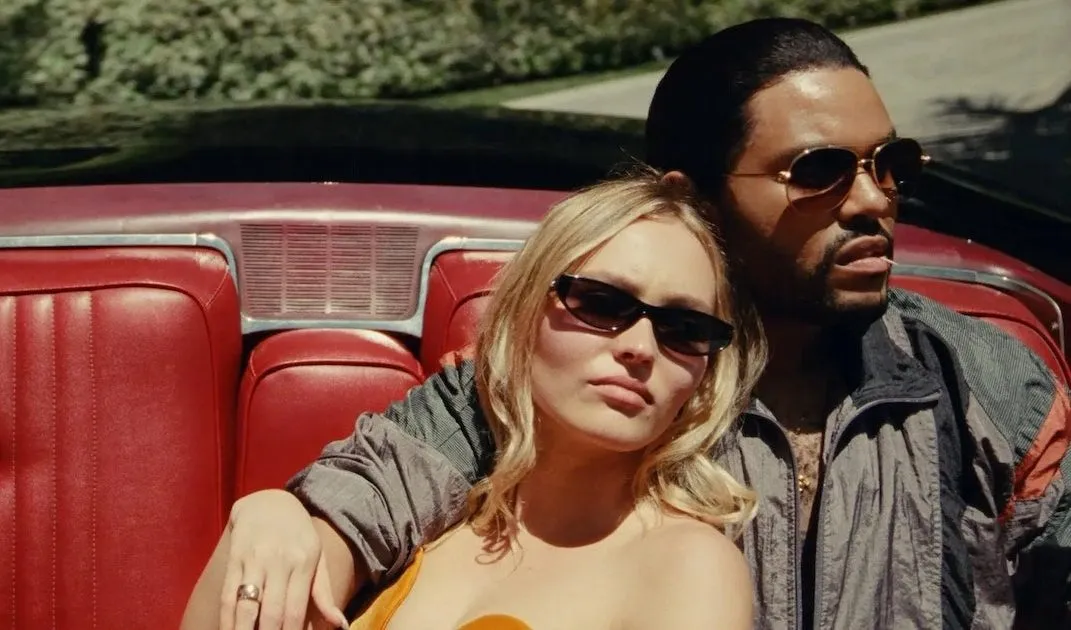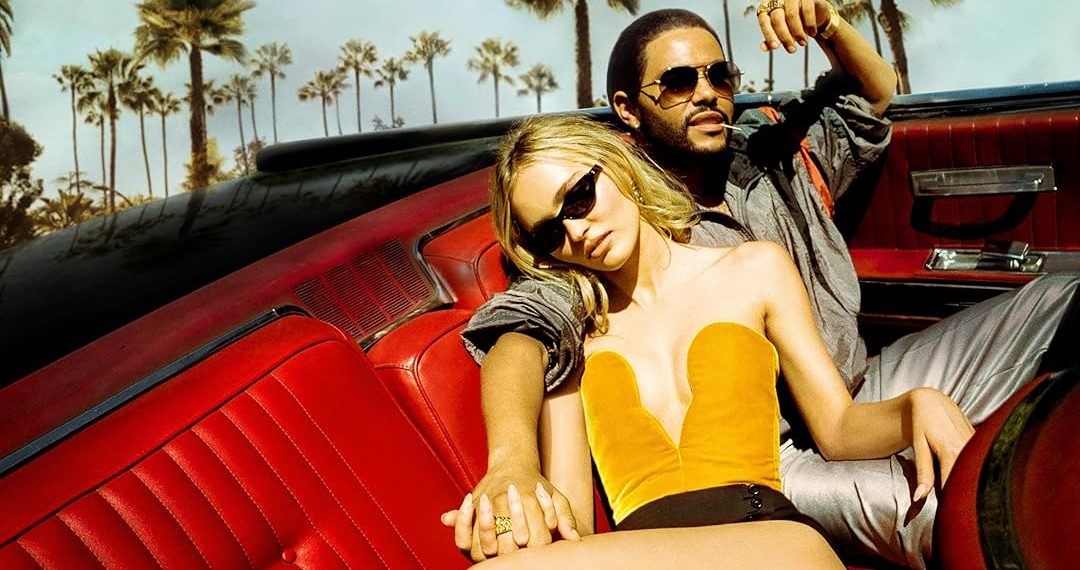The end of HBO’s The Idol leaves viewers in a state of bewilderment, with five episodes and hours of content building to a finale that many would describe as confusing. While the show generated significant buzz and discourse throughout its airing, it culminates in a conclusion that fails to resolve the many questions it raised.
From the first episode, it became clear that The Idol teased a deep look into the sexist dynamics of the music industry but quickly descended into sensationalism and overly provocative themes.
The finale, however, presents a narrative that seems to make little sense, leaving fans and critics puzzled about how Jocelyn (Lily-Rose Depp) transitioned into a powerful pop star with control over a dangerous cult leader, Tedros (Abel “The Weeknd” Tesfaye).
The Idol Ending Explained
The finale picks up with Jocelyn recording a song with real-life producer Mike Dean, only to be interrupted by Tedros, who enters looking worse for wear. Tedros attempts to dominate the session in his usual fashion, claiming that he is her “only form of inspiration.” However, Jocelyn is now confident and calls him out for his manipulative behavior. She tells him that he’s “served his purpose” and needs to leave her life. Jocelyn reveals that Tedros had been obsessed with her since his time in prison, a detail uncovered earlier in the season.

As Tedros is caught off guard by Jocelyn’s sudden rejection, her assistant, Leia (Rachel Sennott), and former frenemy Xander (Troye Sivan) share knowing glances. Jocelyn’s swift turn against Tedros feels disjointed. It seems as though there may have been scenes or explanations cut from the show, leaving a gap in her transformation. This sense of abruptness continues to hinder the narrative’s ability to land with impact.
Jocelyn’s New Role: From Submissive to Leader
In the midst of Jocelyn’s newfound independence, Live Nation’s Andrew Finkelstein (Eli Roth) calls to arrange a meeting about Jocelyn’s upcoming tour. Jocelyn rushes to the basement where Tedros and his cult are hiding. She makes it clear that she wants Chloe (Suzanne Son), Izaak (Moses Summey), and Ramsey (singer-songwriter Ramsey) to open for her. To secure their place, they must perform for their team. Jocelyn is now the one in charge, replacing Tedros, who is depicted as a “sweaty, drunken” mess.
Despite Jocelyn’s growing power, Tedros still maintains some influence over Xander, whose personal vendetta against Jocelyn has yet to be explored in depth. Xander wants to revive his own career, creating tension between the two. Meanwhile, the cult members work to maintain a strange, uneasy control over the situation.
The Showcase Turns Chaotic
Things take a surreal turn during the showcase when Tedros orders his cult members to keep the industry executives entertained through sex appeal. The room’s atmosphere becomes increasingly uncomfortable as Tedros taunts Nikki (Jane Adams) and curses at Finkelstein. Jocelyn’s team is divided. On one end, Chaim (Hank Azaria) and Destiny (Da’Vine Joy Randolph) discuss monetizing the new talent. On the other, Nikki praises Tedros for his ability to uncover new stars, pushing him to stick with her in the hopes of gaining more artists.
While Jocelyn performs, Leia is on the phone with Rob (Karl Glusman), Jocelyn’s ex, who is distraught over accusations of assault. This plotline becomes complicated when Xander tricks Rob into a compromising situation, resulting in Rob being accused of rape. Leia, who still believes in Rob’s innocence, grows suspicious of Jocelyn’s behavior and begins to question her loyalty. As Jocelyn faces off with Tedros, she starts to see the darker implications of the situation unfolding around her.
Rob’s Fallout and Jocelyn’s Emotional Shift
Amidst all the tension, the surprising revelation about Rob’s assault accusation becomes central. When Jocelyn learns that Tedros orchestrated the entire incident, she is devastated. A tear rolls down her cheek as she confronts Tedros once more, but it doesn’t feel like the payoff to her character’s development. This dramatic shift in Jocelyn’s attitude toward Tedros doesn’t land emotionally because it’s unclear how her relationship with him progressed.

Jocelyn’s team continues to split into factions, with Chaim and Destiny attempting to make the most out of the situation. Meanwhile, Nikki seems to be working on a different agenda, still trying to convince Tedros to stay with her and bring more talent under her control. Tedros, however, shows his true nature by continuing to manipulate the situation and people around him.
The Performance: The Final Moment of Power
The culmination of Jocelyn’s journey leads to a climactic performance where she introduces a new song to her team. The song, unsurprisingly, carries the signature sound of The Weeknd, and Jocelyn performs it with enthusiasm and confidence. The crowd and industry execs are impressed, leading to a deal that secures her place at the top of the industry. This moment of success is undercut by Jocelyn’s manipulative behavior, as she openly admits to using people for her personal gain.
While Jocelyn’s rise to fame is secured, the members of the cult who had once been central to her life are now discarded. Leia quits, leaving a note for Jocelyn as she exits the picture. Dyanne (Jennie Ruby Jane) is left without a career after Jocelyn sabotages her chances. Tedros, meanwhile, is forcibly removed from the scene by security and offered a substantial sum of money to leave Jocelyn alone. The cult leader’s fate seems sealed, but the show leaves the door open for his return.
The Aftermath: Six Weeks Later
Six weeks after the events, Jocelyn is riding high on the success of her tour. She has sold out stadiums and released multiple hit singles. Tedros, in contrast, has lost everything — his club, his cult, and his influence. The show provides an exposition dump, filling in the blanks about Tedros’s downfall, but the pacing is awkward. As Jocelyn prepares for a major performance, the tension between her and Tedros reaches its peak when he shows up uninvited at her concert.
The reunion between Jocelyn and Tedros is chilling. She tells him, “None of this means as much without you,” and they share an intimate moment before Jocelyn’s performance. Tedros, now completely subdued, follows her instructions as she claims her power. This final moment seems to imply that Jocelyn has been manipulating Tedros from the start, but the ambiguity surrounding her intentions remains.

The Final Stage: A Manipulative Power Play
The finale concludes with Jocelyn on stage, addressing her fans after a successful year. She introduces Tedros as the “love of [her] life,” a revelation that shocks her team. Jocelyn’s manipulation reaches its apex as she controls Tedros completely. The couple shares a kiss before Jocelyn asserts her dominance, telling him to stand in a specific spot on stage. The final shot leaves viewers with a haunting image of Jocelyn, who seems to have orchestrated everything from the beginning, playing everyone around her.
Final Thoughts: The Idol’s Disjointed End
In the end, The Idol’s finale presents a story of power and control, but it doesn’t fully deliver on its narrative promises. While Jocelyn’s rise to power seems to be a story of manipulation, the execution feels rushed and incomplete. The show’s portrayal of the music industry, while visually extravagant, lacks substance. The characters’ motivations are unclear, and the plot holes are too numerous to ignore. Ultimately, The Idol leaves a sense of aesthetic indulgence without the narrative payoff needed to make its incredible twists truly impactful. Fans and critics alike will likely be left with lingering questions about the show’s direction, its ultimate message, and whether it truly achieved what it set out to do.





